We develop products and services using new concepts and technologies through collaboration and co-production. Our focus is tackling social and environmental issues.
Recent projects range from synchronising robotics+gaming+VR into one metaverse to AI-enabled glossary and concept integration for critical infrastructure to producing an immersive touring experience about insects.
We always design projects in collaboration with partners and stakeholders. Sounds fun?
Giant Insect World

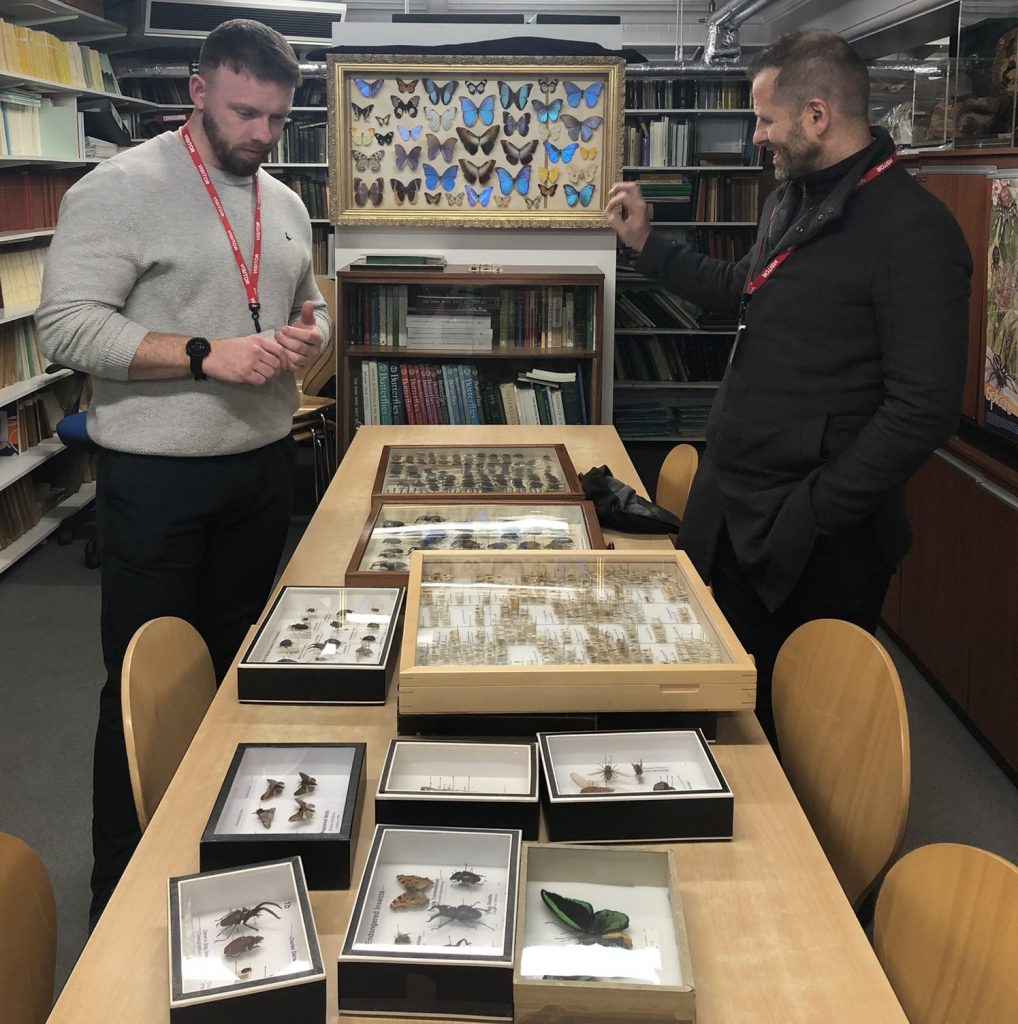
with technologist Rob Black and photographer Francis Prior
Visioning Lab recently launched Giant Insect World, a new touring immersive experience aimed at inspiring and enthuse a generation about the beauty of insects and how they are made. This experience focuses on a transformative approach to viewing and studying insects.
We are working with the National Trust, Manchester Museum, Cheltenham Science Festival, the Royal Entomology Society and many others to make it happen.
Get in touch to find out more
Fostering interoperability between systems and sectors
Words are like nails, they pin systems and process together

Unless you work in data or IT, you may not realise how important words are in the design of digital infrastructure. When programmers write in code, they use actual words to connect systems together.
Ontology Maker is a tool for tackling miscommunication using generative AI tools to develop glossaries, taxonomies and ontologies (word libraries) that improve team-working and system development by standardising terminology.
We created Ontology Maker as an anchor for conversation and engagement around the need for word and concept standardisation across multiple languages.
Activities focus on engaging with key decision makers and stakeholders to improve standards and develop new kinds of conceptual framing in the following sectors:
- Metaverse : making a glossary to support the sectors converging around the ‘metaverse’ such as gaming, AR/VR, immersive, digital twins and the built environment, , robotics, IoT and drone/UAV development engaging with ITU, ISO, Metaverse Standards Forum and the British Standards Institute (BSI).
- Water : working with key stakeholders and decision makers in the water sector focusing on glossaries and ontologies for Continuous Water Quality and Smart Meters as well as outcomes-focused standards development.
- Energy : working with key stakeholders and decision makers in the energy sector on developing a shared language. Eg. making a multilingual automotive battery energy glossary to support industry integration with the new EU Digital Passport directive for South Korean and Asian audiences. Eg. Convening workshop on conceptualising the energy sector for Durham Energy Institute
- Law: running a seminar series with University of Manchester on the changing legal sector and the role of AI in a complicated, dynamic context where errors have significant consequences
- Disaster ontology : working with Aston University and University of Manchester to understand the dynamics of language in the critical context of disaster recovery through the production of an AI-enabled multi-lingual glossary. Also exploration of how 3D environments and other spaces could effectively simulate real-world disasters.
- Relationships : what if love was recognised (again) the new(old) paradigm for society? How relationships ground people’s physical and emotional needs in systems that support social and environmental solutions and how this can be expressed and modelled in system design.
Get in touch to find out more
Augmented Reality (AR) experiences
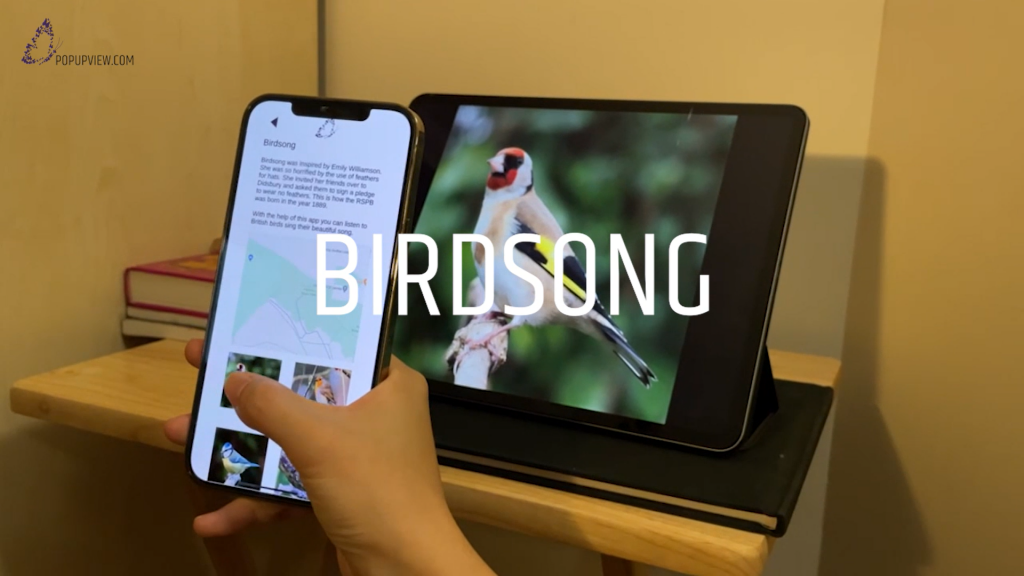
Visioning Lab developed and launched PopupView, an augmented reality platform and app for aggregating and showing 3D digital assets and sound via phones and laptops. The platform focused on supporting creative producers to engage with the new technology and consider ways of inspiring people about nature, birds and animals.
Get in touch to find out more
Making History Together : Victorian Manchester

Visioning Lab has an ongoing Victorian Manchester programme, with interactive workshops, seminars and soundwalks that explore 100 years of Manchester history from 1810-1910 focusing on real people, places and events. Through this activity, we seek insight into how change happens.
Collaboratorium

Visioning Lab developed a 3D virtual environment with a nature theme for academics at University of Manchester to collaborate virtually with colleagues across the world
The ‘Collabatorium’ was initially build in Mozilla Hubs during COVID19 to tackle travel restrictions and then became a regularly used 3D online space for academics to share work and provide a virtual conferences chillout area.
We recently developed a second version called ‘MindLab’ in FrameVR as the space was missed when Mozilla Hubs closed down. There are not many virtual spaces based on a nature theme for older, non-gamer, non-corporate people so this space is rare and valued.
3D Flood Games project
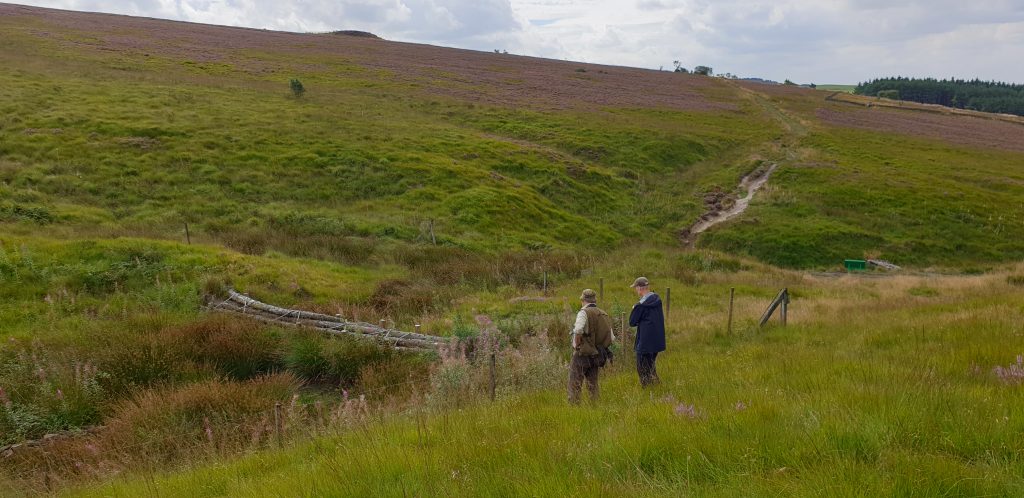
Visioning Lab collaborated with flood experts and technologies to explore incorporating real-life flooding data into 3D game/world building environments. We are interested in how 3D virtual models can support flood stakeholder decision making AND provide learning about flood events as entertainment.
The Flood Innovation Panel in West Yorkshire and the Crompton Moor network (First Choice Homes / Oldham Council / City of Trees / Friends of Crompton Moor) were case studies on the project.
Astrojacks Webtoon
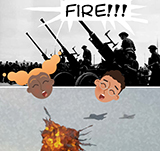
Visioning Lab launched two webtoon series pilots, Astrojacks go back to war and Save the last plate for me.
Astrojacks draws on photographic material from the Manchester Library Archive of WW2.
These pilot episodes are story concepts for ‘webtoons’ (comics optimised for mobiles).
Webtoons are growing rapidly in popularity with a wide range of audiences, not just kids.
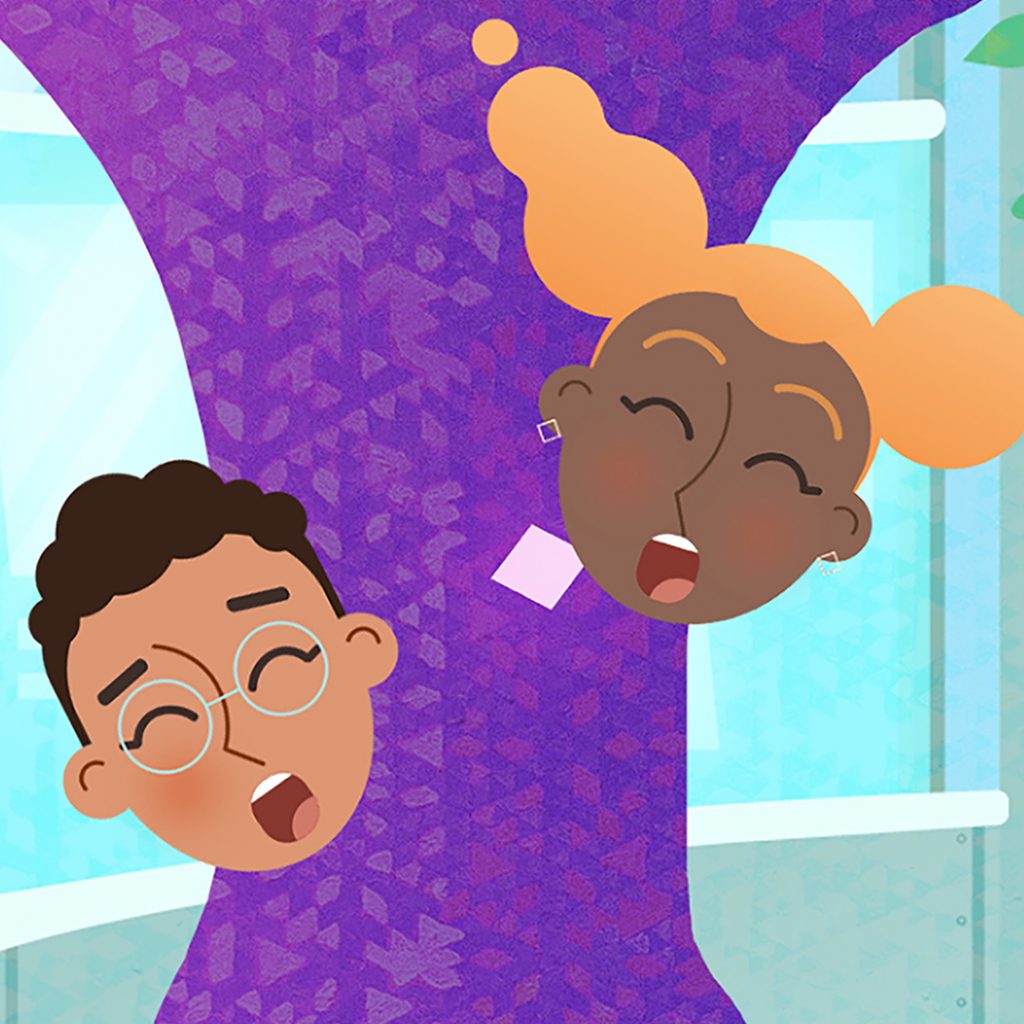
NFT Collection

Visioning Lab launched a NFT series on Known Origin, a popular digital art NFT platform to understand and engage with the emerging potential of cryptocurrency and blockchain technologies.
Artist collaborations: Speak to me, Speke Hall / Folklore trails at Chorlton Arts Festival
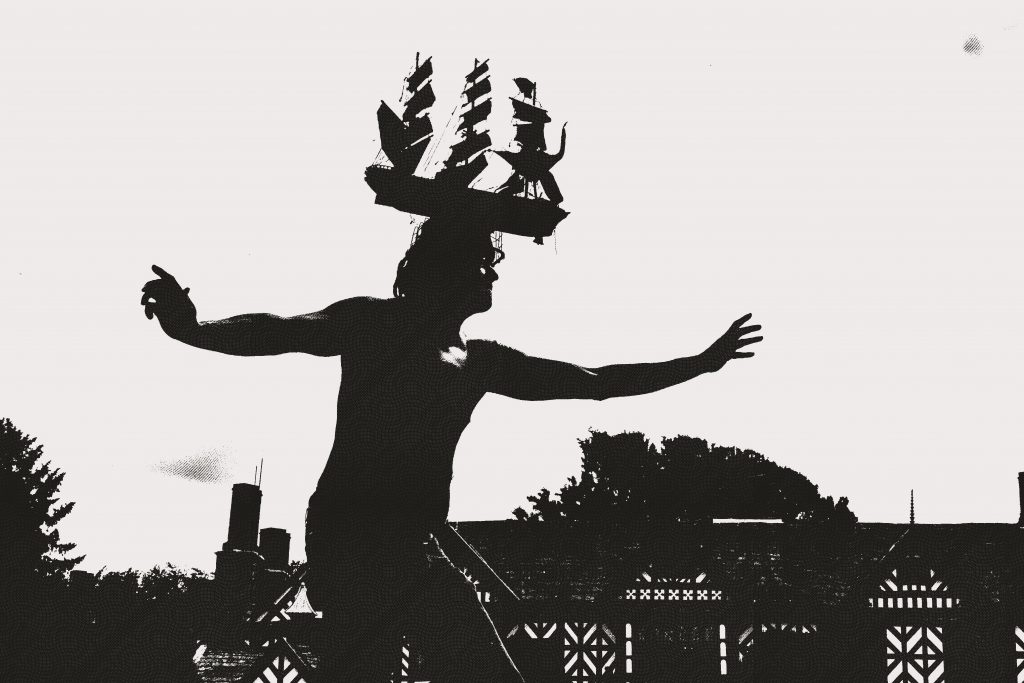
Visioning Lab collaborates with artists using new concepts and technologies to develop their work.
Above Peter Kalu combined performance art, photography and song to draw attention to slave trade connections using an augmented reality app.
Below Hannah Mosley explored ways of sharing folklore stories through soundwalks and augmented reality.
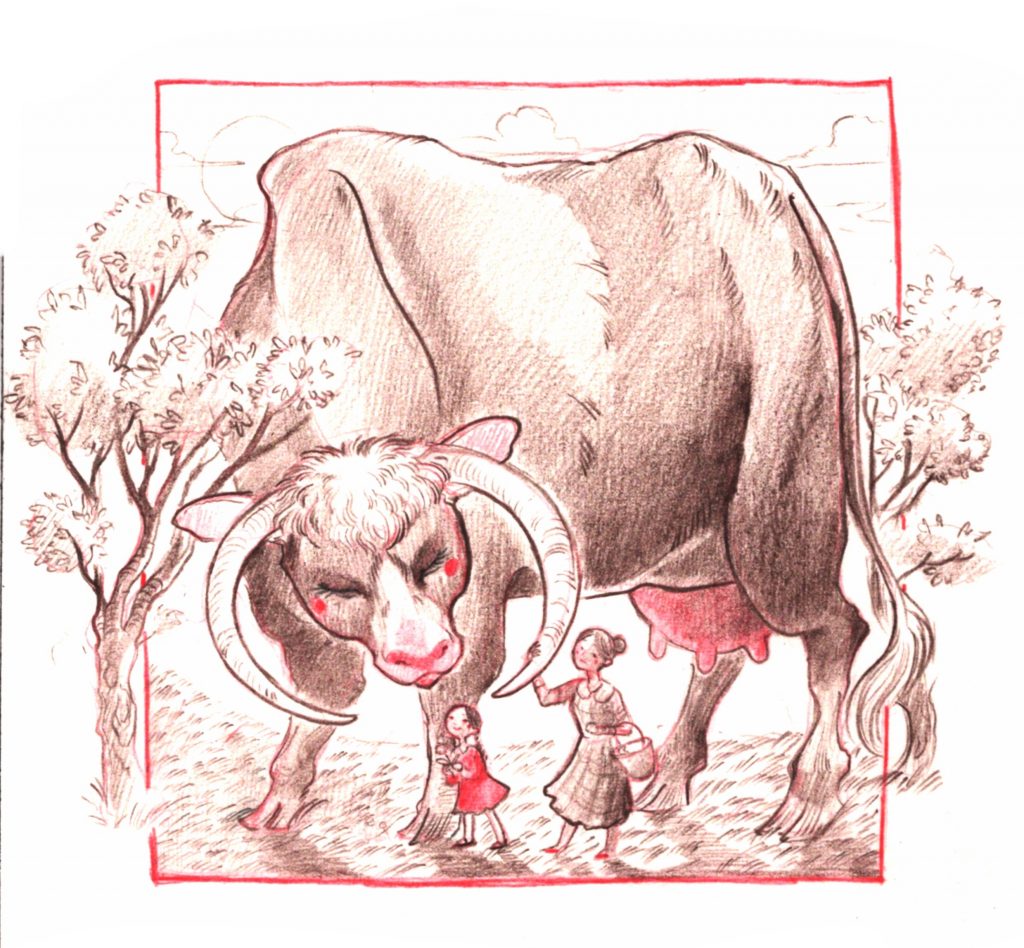
Vision for <Country> Energy

Visioning Lab is engaged with multiple government, NGO, academic and private sector stakeholders in the UK to explore what a vision for UK energy would look like and how to connect together the many different parts of UK energy service provision and management.
We are also working on multilingual energy specialist glossaries (in Korean, Chinese, German especially) for different teams and projects.
UK Case Study: An overarching view and vision of how energy moves through the UK provides the basis upon which communication can be facilitated and solutions developed. A UK-defined modern conceptual model of a country’s energy infrastructure incorporating net zero and energy security aspirations alongside an eco-system of service suppliers and product providers also creates an opportunity for UK plc to lead internationally.
FutureLAB
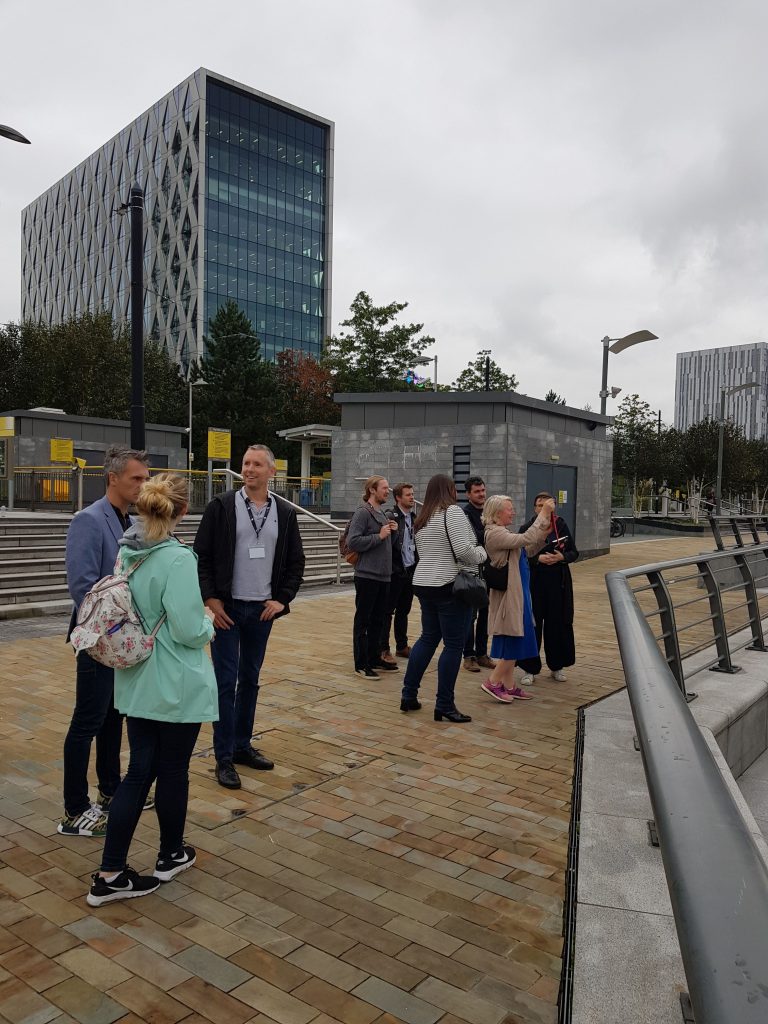
Visioning Lab run futures thinking workshops and projects aimed at stimulating the imagination to ask what is next, who is shaping it, how can under-represented groups play a role?